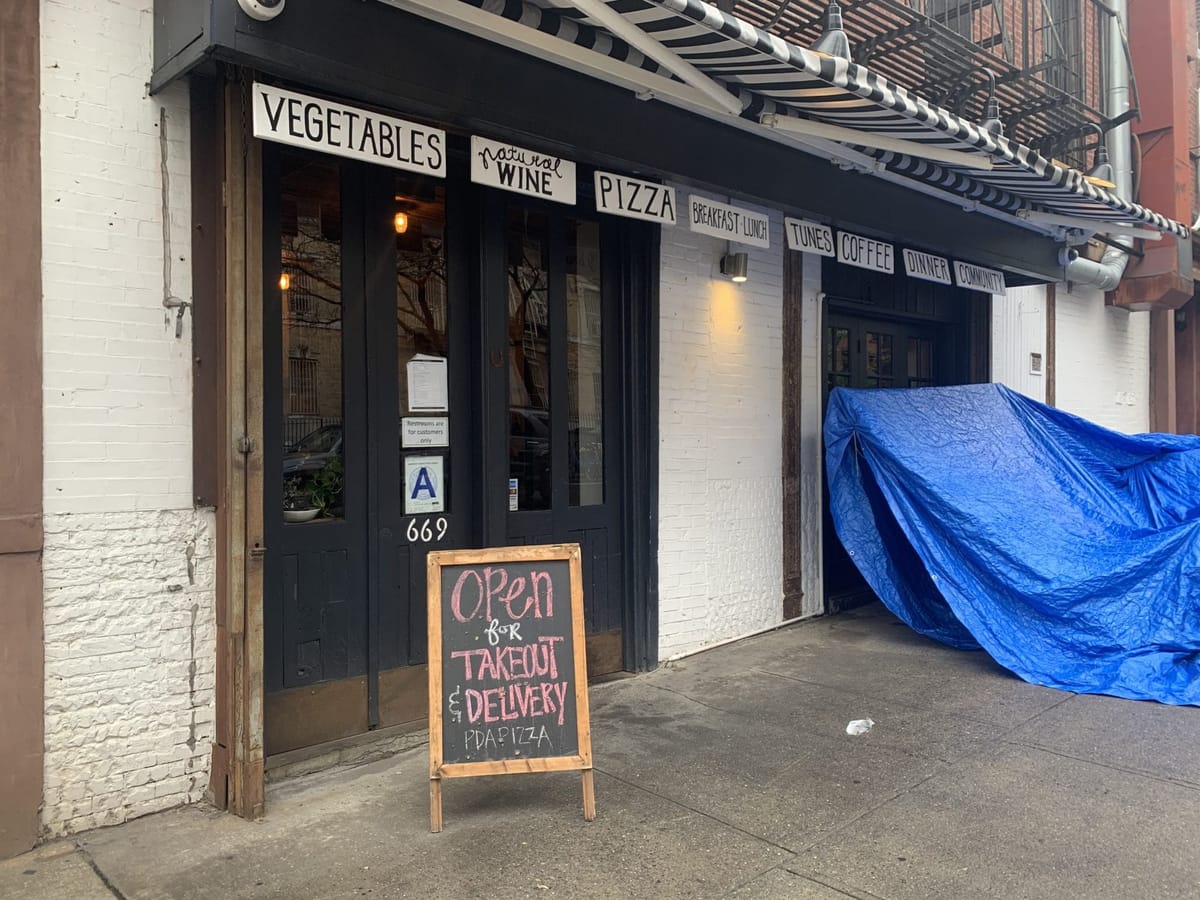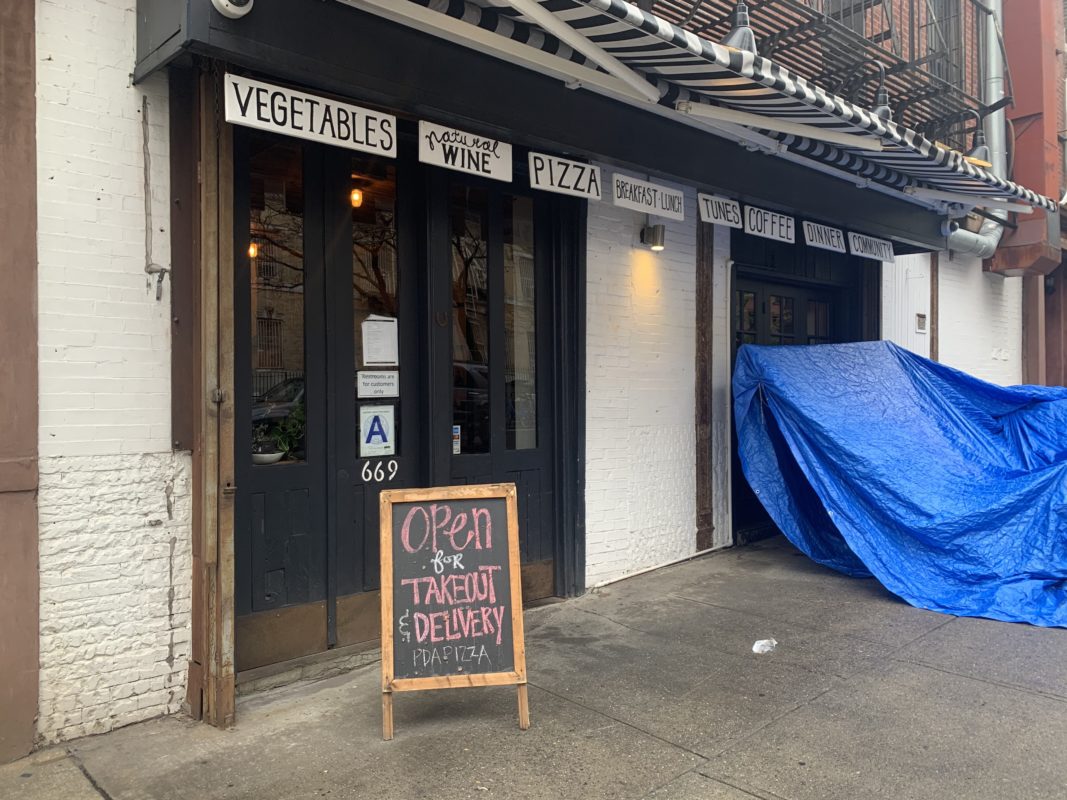Mayor Signs Seven COVID-19 Relief Bills Into Law


Mayor Bill de Blasio today signed seven pieces of legislation providing relief for tenants, commercial establishments, and restaurants during the coronavirus pandemic. Some of the legislation takes effect immediately, some on June 2, 2020.
“New Yorkers have been fighting every day to flatten the curve and get through this pandemic together. Now, it’s time for us to give back to them,” said Mayor Bill de Blasio. “I’m proud to sign this package of bills into law to offer protections for our small businesses, restaurants, and tenants to ensure that our City can come back stronger.”
This package includes, according to City Hall:
- Intro. 1898-A prohibits third-party food delivery services from charging restaurants a fee for telephone orders that do not result in an actual sale. The bill imposes penalties of up to $500 per violation, and the City can bring litigation seeking these penalties as well as restitution of illegally charged fees. The bill will take effect June 2, 2020, lasting until 90 days after the end of a declared emergency.
- Intro. 1908-B caps the fees that third-party food delivery services can charge restaurants for the duration of a declared emergency and for 90 days thereafter. Third-party food delivery services will be prohibited from charging restaurants a fee greater than 15% per order for delivery and 5% per order for any other charge. Currently, third-party food delivery services sometimes charge up to 30% of the total order. Violators are subject to civil penalties of up to $1,000 per restaurant per day. The bill will take effect on June 2, 2020.
- Intro. 1916-A suspends collection of indoor sidewalk cafe fees from restaurants from March 1, 2020, to February 28, 2021, and for outdoor sidewalk cafes through the duration of the emergency. Through Executive Order, the City already stopped collecting these fees for the duration of the emergency; this bill extends the suspension for indoor cafes until the end of February 2021.
- Intro. 1914-A designates threatening a commercial tenant based on its status as a COVID-19 impacted business a form of harassment, effective immediately. This includes businesses that were subject to capacity restrictions, were forced to close, or business owners who contracted the virus.
- Intro. 1932-A protects commercial tenants’ personal assets by temporarily prohibiting the enforcement of personal liability provisions in commercial leases or rental agreements involving COVID-19 impacted tenants. Threatening to or attempting to enforce such a provision will be considered a form of harassment, effective immediately.
- Intro. 1936-A expands the definition of tenant harassment to protect tenants from threats based on status as an essential employee or being impacted by COVID-19.
- Intro. 1940-A codifies the Mayor’s EO 107, which suspends renewal requirements for licenses and permits from City agencies during the duration of the emergency and extends such suspension for an extra 45 days. This will provide both City agencies and applicants enough time to complete and process renewals after the end of the emergency and when businesses come back online again. This bill takes effect immediately and will require the City to post a list of licenses not covered under the EO.
“New York’s small businesses have been devastated by this pandemic. On top of closed businesses, they faced high fees, harassment from landlords and even the possibility of losing their homes. I’m proud of our Council for taking action quickly to protect them and thank the mayor for signing these bills that will allow our small business community to breathe a little easier. We will keep working to help our small businesses, which are the lifeblood of our neighborhoods,” said City Council Speaker Corey Johnson.




